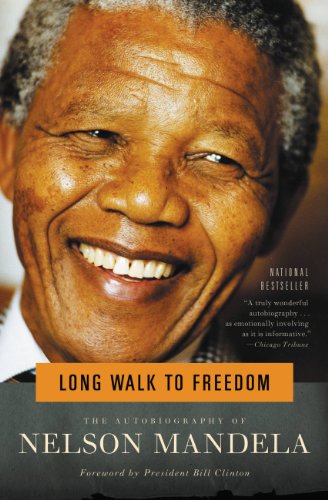“The Known World is a sprawling region ruled by mortals, protected by gods, and plied by magicians and warriors, merchants and beggars, royals and scoundrels. Here, those with the gift of the Erjak share a psychic bond with animals; a far-reaching fraternity unites criminals of every persuasion in a vast army of villainy; and upon the mighty river Alt, the dead will one day sail seeking vengeance on the enemies of their descendants.
But for all the Known World’s wonders, splendors, and terrors, what has endured most powerfully is the strange legacy of Ji. Emissaries from every nation—the grand Goranese Empire; desolate, frozen Arkary; cosmopolitan Lorelia; and beyond—followed an enigmatic summons into the unknown.
Some never returned; others were never the same. Each successive generation has guarded the profound truth and held sacred the legendary event. But now, the very last of them—and the wisdom they possess—are threatened. The time has come to fight for ultimate enlightenment…or fall to infinite darkness.”
“Volume 1 of 4 in the internationally bestselling Secret of Ji series. Winner of the Prix Ozone and Prix Julia Verlanger.”
“In a fantasy world containing magicans, gods, and mortals, telepathic communication with animals doesn’t seem to far-fetched. In this new spin on epic fantasy, Pierre Grimbert tackles a world beset with shadowy thieves and mystical empires…Grimbert looks to be one big new name to watch in the ever-expanding genre of high fantasy.” —Tor.com




















